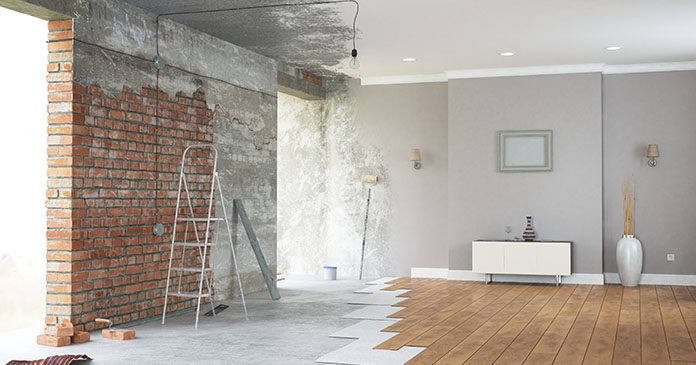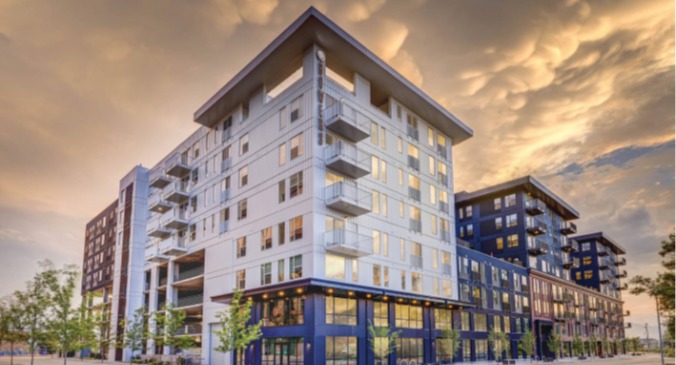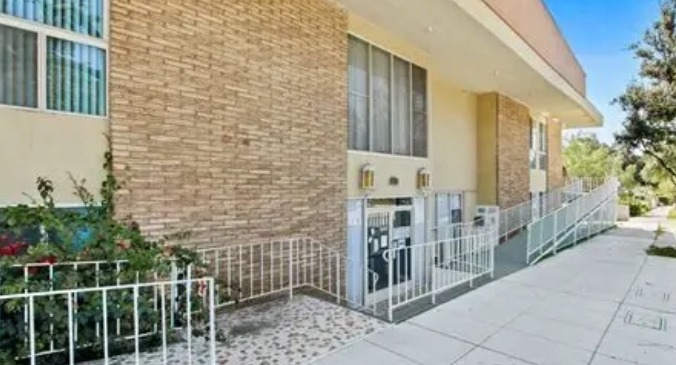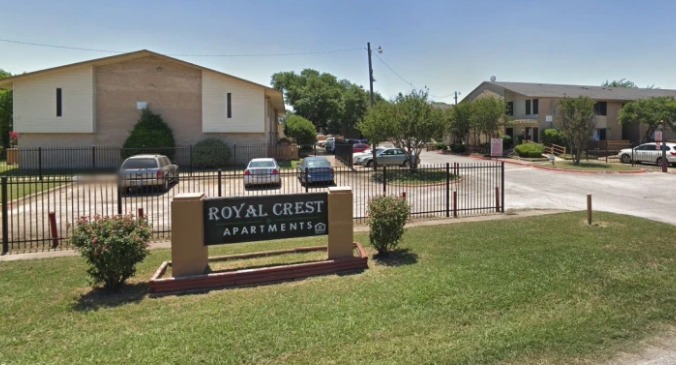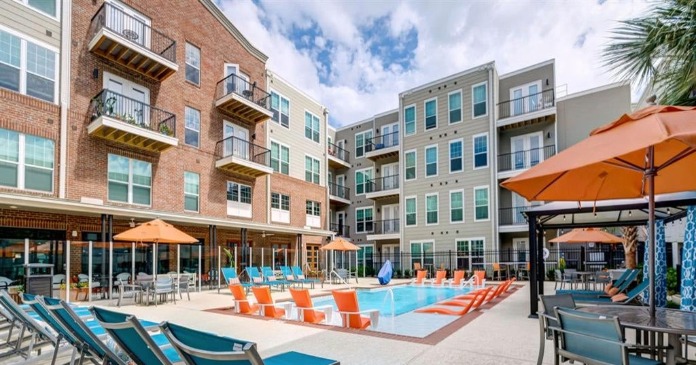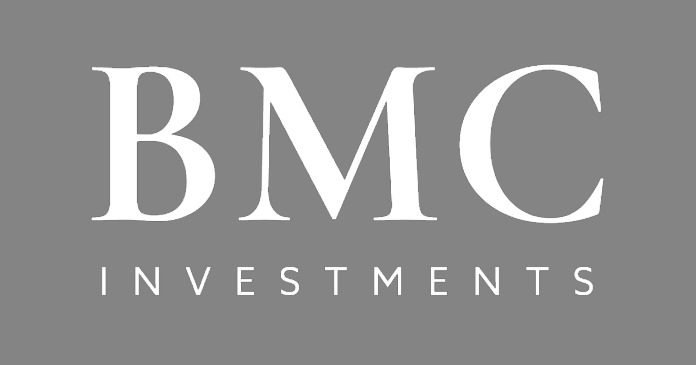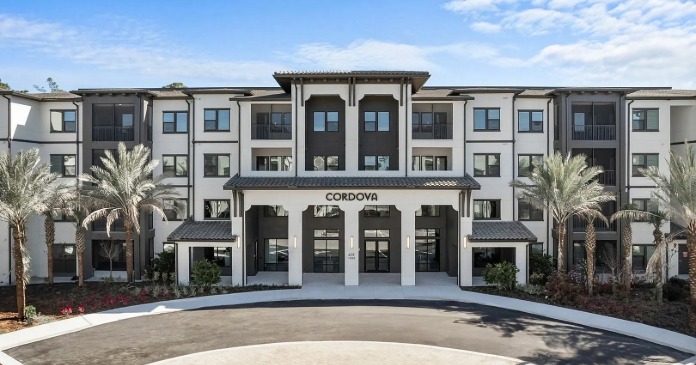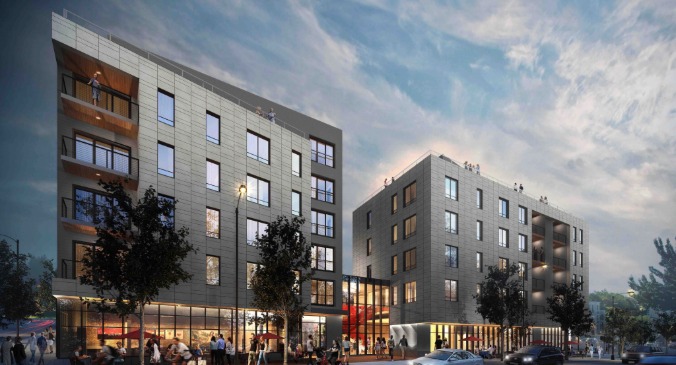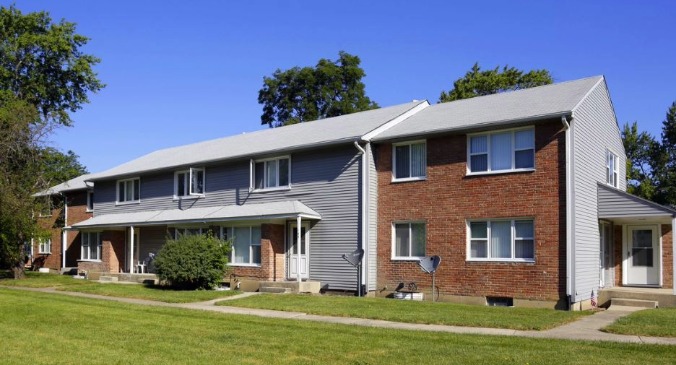The U.S. Department of Housing and Urban Development (HUD) today awarded $10 million in “sweat equity” grants to four non-profit self-help housing organizations which will create at least 535 affordable homes for hard-working, low-income families and individuals. Funded through HUD’s Self-Help Homeownership Opportunity Program (SHOP), the funding awarded today, along with the labor contributed by the homebuyers and numerous volunteers, will significantly lower the cost of homeownership.
“By rolling up their sleeves and putting in hard work, these grants allow hundreds of working families to become self-sufficient and make owning a home a reality,” said HUD Secretary Ben Carson. “This is private and public partnership at its best and it proves that self-help programs like SHOP work well and support homeownership.”
The following organizations will receive SHOP funds (see individual descriptions below):
| Organization | Grant Amount |
| Housing Assistance Council in Washington, DC | $1,104,723 |
| Community Frameworks in Spokane, Washington | $1,494,903 |
| Tierra Del Sol Housing Corporation (Consortium) Anthony, New Mexico | $2,213,103 |
| Habitat for Humanity International, Americus, GA | $5,187,271 |
| TOTAL | $10,000,000 |
The SHOP program provides federal grants on a competitive basis to national and regional non-profit organizations and consortia that have experience in administering self-help homeownership housing programs. The SHOP grants must be used to purchase land and make necessary infrastructure improvements, which together may not exceed an average SHOP investment of $15,000 per dwelling unit. Leveraged funds must be used for the construction or rehabilitation of these homeownership units.
All newly constructed units will receive certification as ENERGY STAR qualified units. All appliances, products or features that are installed or replaced will be ENERGY STAR qualified. Water usage products will bear the WaterSense label. Many units will also have “Green,” “Healthy Homes,” and “Universal Design” features.
Homebuyers will contribute significant sweat equity toward the development of their units and/or the units of other homebuyers participating in the local self-help housing programs. These sweat equity contributions reduce the purchase price of the SHOP units and make these units affordable for low-income homebuyers. A minimum of 100 sweat equity hours is required from a household of two or more persons. A minimum of 50 sweat equity hours is required from a household of one person. Community participation consisting of volunteer labor contributions is also required. Sweat equity and volunteer labor may include, but are not limited to, landscaping, foundation work, painting, carpentry, trim work, drywall, roofing and siding for the housing. Reasonable accommodations must be made for persons with disabilities.
Grantees may carry out activities directly and/or distribute SHOP funds to local non-profit affiliates that will develop the SHOP units, select homebuyers, coordinate the homebuyer sweat equity and volunteer efforts, and assist in the arrangement of interim and permanent financing for the homebuyers. The grantees ensure that the new homebuyers can afford their homes at the time of purchase and for the long term. Many of the SHOP homebuyers are first-time homeowners and come from underserved groups.
Since 1996, when Congress first appropriated SHOP funds, the SHOP program has provided more than $396 million in federal grants that, together with significant leveraged funds and numerous volunteer hours, are transforming lives and neighborhoods through the production of over 28,500 units of affordable, homeownership housing.
Fiscal Year 2018 SHOP Grantees
Community Frameworks (CF) is a regional non-profit self-help housing organization that serves the states of Idaho, Montana, Oregon and Washington. Community Frameworks will make SHOP funds available to 16 affiliates to purchase land and make necessary infrastructure improvements that support new construction and rehabilitation of the SHOP units. Each affiliate has flexibility to design a program that meets the needs of its community. Funds will also be used for administration of the grant. Approximately ninety-two percent of all newly constructed units will receive certification as ENERGY STAR qualified units. Fifty percent of the units will meet Green Building and Healthy Home standards. Completed units will be sold to low-income homebuyers who have contributed a significant amount of sweat equity toward the construction of their homes. Volunteer labor will also be used. Community Frameworks will produce a minimum of 80 SHOP housing units.
Tierra del Sol Housing Corporation (TDS), located in New Mexico, is the lead agency representing the Western States Housing Consortium which also includes Comite de Bien Estar located in Yuma County, Arizona, Guadalupe Community Development Corporation located in Maricopa County, Arizona, Community Resources and Housing Development Corporations located in Alamosa County, Colorado, and Chicanos Por la Causa located in Pima County, Arizona. SHOP funds will be used to purchase land and make necessary infrastructure improvements that support the new construction of the SHOP units. Funds will also be used for administration of the grant. TSD will evaluate the feasibility of developing new energy efficient units that meet ENERGY STAR Certified New Homes standards, including the availability of qualified HVAC and HERS contractors. All grantees are strongly encouraged, but not required to comply with ENERGY STAR Certified New Homes standards. Eighty-seven percent of the SHOP units constructed will meet the ENERGY STAR or Enterprise or National Green Building standards. Completed units will be sold to low-income homebuyers who have contributed a significant amount of sweat equity toward the construction of their homes. Volunteer labor will also be used. The Western States Housing Consortium will produce a minimum of 119 SHOP housing units.
Habitat for Humanity International (HFHI) is a national non-profit self-help housing organization that will use SHOP funds in rural, metropolitan, and urban communities to facilitate and encourage innovative homeownership opportunities through the provision of self-help housing. Local affiliates will compete for SHOP funding from HFHI. Each affiliate has flexibility to design a program that meets the needs of its community. SHOP funds will be used to purchase land and make necessary infrastructure improvements that support new construction and rehabilitation of the SHOP units. Funds will also be used for administration of the grant. HFHI’s affiliates will construct ENERGY STAR-compliant units and install ENERGY STAR-labeled products and appliances and WaterSense-labeled products in all home. HFHI affiliates are strongly encouraged, but not required, to comply with the ENGERGY STAR Certified New Homes standard. HFHI anticipates that approximately seventy percent of the FY2017 SHOP units will be built or rehabilitated to a Green Building Standard by utilizing an industry-recognized Green rating program, such as ENERGY STAR New Home Construction or Enterprise Green Communities Initiative. Completed units will be sold to low-income homebuyers who have contributed a significant amount of sweat equity toward the construction of their homes. Volunteer labor will also be used. HFHI will produce a minimum of 277 SHOP housing units.
The Housing Assistance Council (HAC) is a national non-profit self-help housing organization that will use its SHOP funds in primarily rural areas to facilitate and encourage innovative homeownership opportunities through the provision of self-help housing. Local affiliates will compete for SHOP funding from HAC. Each affiliate has flexibility to design a program that meets the needs of its community. SHOP funds will be used to purchase land and make necessary infrastructure improvements that support the new construction of SHOP units. Funds will also be used for administration of the grant. HAC is strongly encouraged, but not required, to comply with the ENERGY STAR Certified New Homes standards. All newly constructed units will receive certification as ENERGY STAR qualified units. At least twenty percent of the units will meet Green Building, Healthy Home and Universal Design standards. Completed units will be sold to low-income homebuyers who have contributed a significant amount of sweat equity toward the construction of their homes. Volunteer labor will also be used. HAC will produce a minimum of 59 SHOP housing units.


